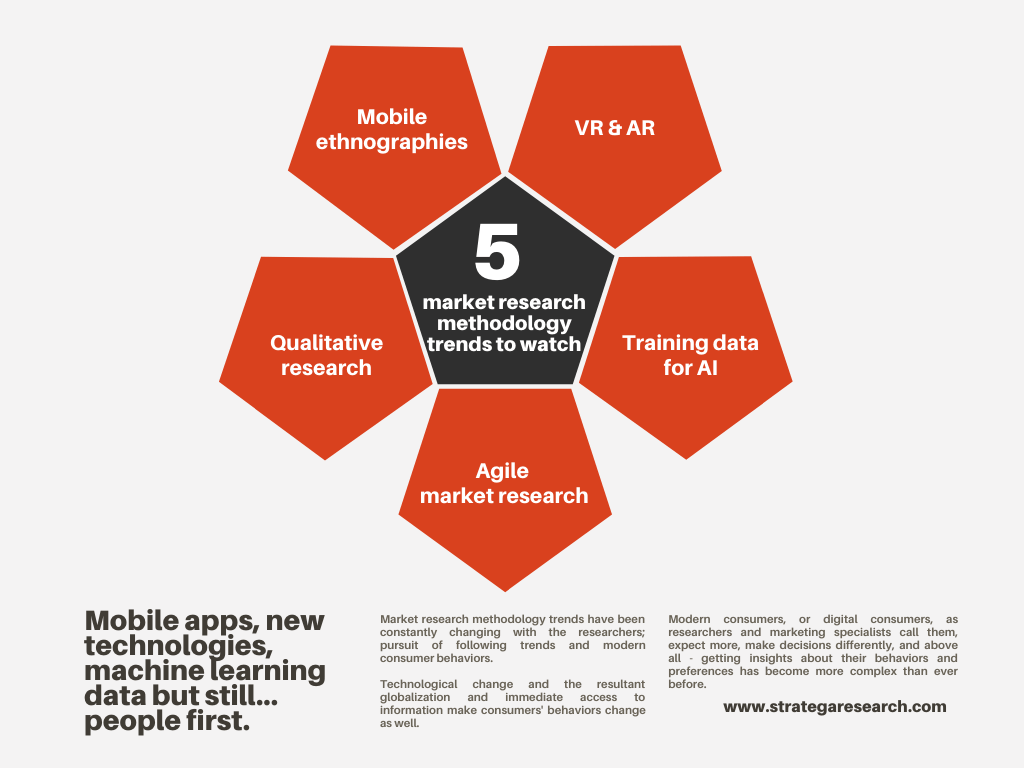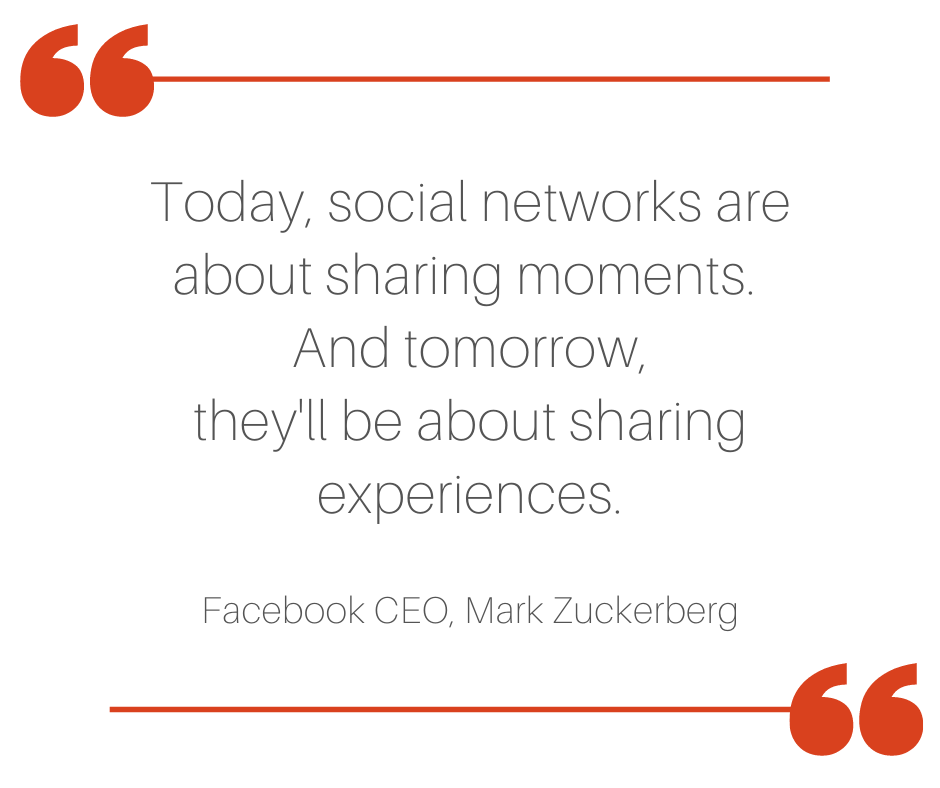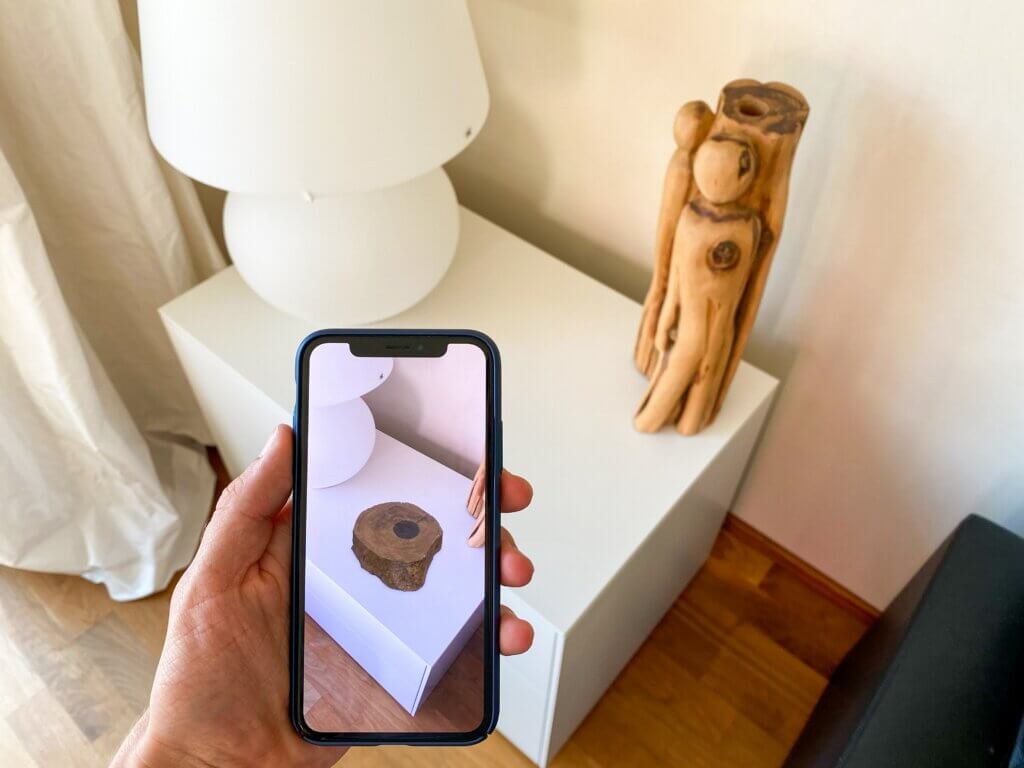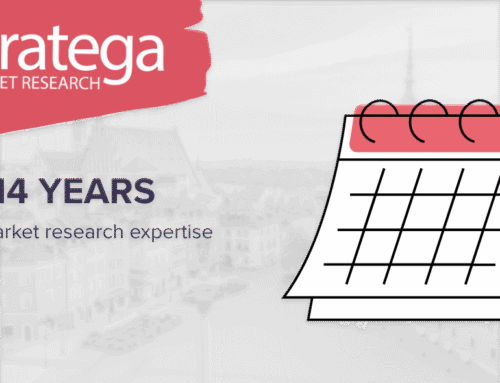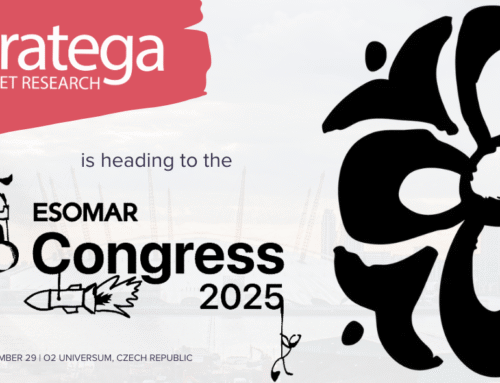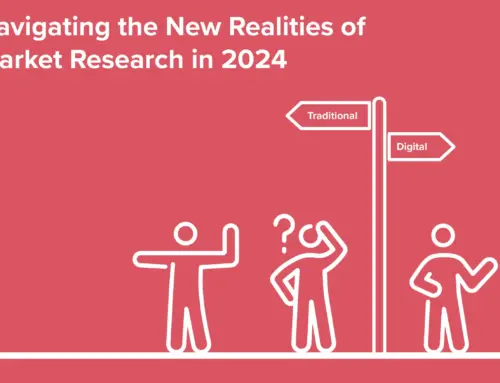Market research methodology trends to watch in 2021
1. Mobile ethnographies
Mobile ethnography allows researchers to observe and interact with respondents in their natural environment – being their homes, schools, workplaces… With average consumers having their mobile devices wherever they go, researchers are offered a unique opportunity to actually follow them from the moment they wake up and check their first emails until they go to bed and scroll down their feeds on Facebook.
Online research, especially mobile ethnographies offer some considerable benefits for market research. Above all, we are all well-accustomed to sharing our opinions and preferences using social media, price comparison websites, or various web apps. Actually, many of us don’t even realize how much data about our behaviors as consumers we leave behind every day.
Also, mobile ethnographies are relatively inexpensive, time-efficient, and easily accessible, even to older consumers, which was not that obvious even a few years ago. Researchers can interact with consumers on a real-time basis. They can also adjust their research objectives and tools as they go, and receive insights with every interaction. Therefore, mobile ethnographies will most probably remain one of the fastest-growing and mighty market research tools.
2. Use of VR and AR in market research
Imagine you can check how a recently-designed lamp would fit into your living room. Well, that’s not just a fantasy anymore! Virtual Reality (VR) and Augmented Reality (AR) have opened up unimaginable possibilities for concept and product testing. Some time ago neuromarketing with its eye-tracking or EEG tracking seemed like the tools of the future. Now, VR and AR might take market research to a whole new dimension.
So far, VR and AR have been used extensively in learning about shopping behaviors and decisions, e-commerce customer journeys, or in market research for… travel industry! Researchers describe the attempts to make consumers actually experience their travel destination – see and hear the places they’re about to visit. These open up great opportunities for customer service, product development, and of course, assisting market research of the future.
3. Big Data and data collection for AI and machine learning
We recently discussed the impact Big Data has on the market research industry and tremendous amounts of data being processed to allow the observation of users’ activity online. Technological change is taking us even further. Machine learning, artificial intelligence, and their algorithms learn how to respond to consumers’ expectations and inquiries more and more precisely.
What #marketresearch trends do you observe? Do you think traditional methods such as #focusgroups or #indepthinterviews will no longer be used in the nearest future?#trends #marketanalysis #qualitative pic.twitter.com/Az0GLNjIgt
— Stratega Poland (@stratega_en) September 23, 2020
Whereas some machine learning is based on Big Data and requires no manual entry of data, some kinds of systems and functions need to be taught the patterns and examples. AI training data might include text, voice, or handwriting samples provided by actual humans and validated by trained experts. With the future of dictating your inquiries directly to your mobile and the algorithms “understanding” your words (and most possibly, intentions), machine learning is to impact consumers’ behaviors in the nearest years.
4. Faster and more AGILE market research
Matt Warta, a CEO and Co-Founder of GutCheck asserts: “In the last four years, the percentage of market research budgets for A&Us [attitudes and usage] has more than doubled […] while the need for agility has gone from being the exclusive domain of software developers to a required attitude and capability to stay competitive“.
To be agile, market research needs to perform even more efficiently and adapt to changes as they occur.
With the agile manifesto underlining the value of responding to change and over following the plan, market researchers have to offer their flexibility and… creativity in cooperating with IT businesses testing their concepts and products.
Last but not least, agile focuses on users’ experience and their needs. This actually brings us back to what market research is about as well! It’s all about getting to know consumers, understand their choices and decisions, and developing the ability to predict their behaviors in the future. Which brings us to the last and most probably, the most important and everlasting trend in market research methodology…
5. Qualitative research more important than ever
In their report, AdAge researchers enquired about the most common frustrations related to market research methodology trends among specialists. Turns out, what poses the greatest challenge nowadays is the need to integrate data and insights coming from different sources. With companies collecting data from various studies, there is a paramount need for excellent analysis allowing specialists to draw adequate conclusions from their studies. The attempt to track the customer journey and grasp the moment of them making decisions requires researchers to follow the customer online and offline simultaneously. Therefore, the old-school qualitative research offering the possibility to go beyond the data. Also, researchers’ are able to discuss them with real customers, which has never been more important.
Qualitative studies are, and most probably still will be, the most flexible tools in market researchers’ hands.
The ultimate goal of market research is to equip companies with tools to respond to consumers’ needs and expectations. And this objective cannot be achieved with humans involved.




